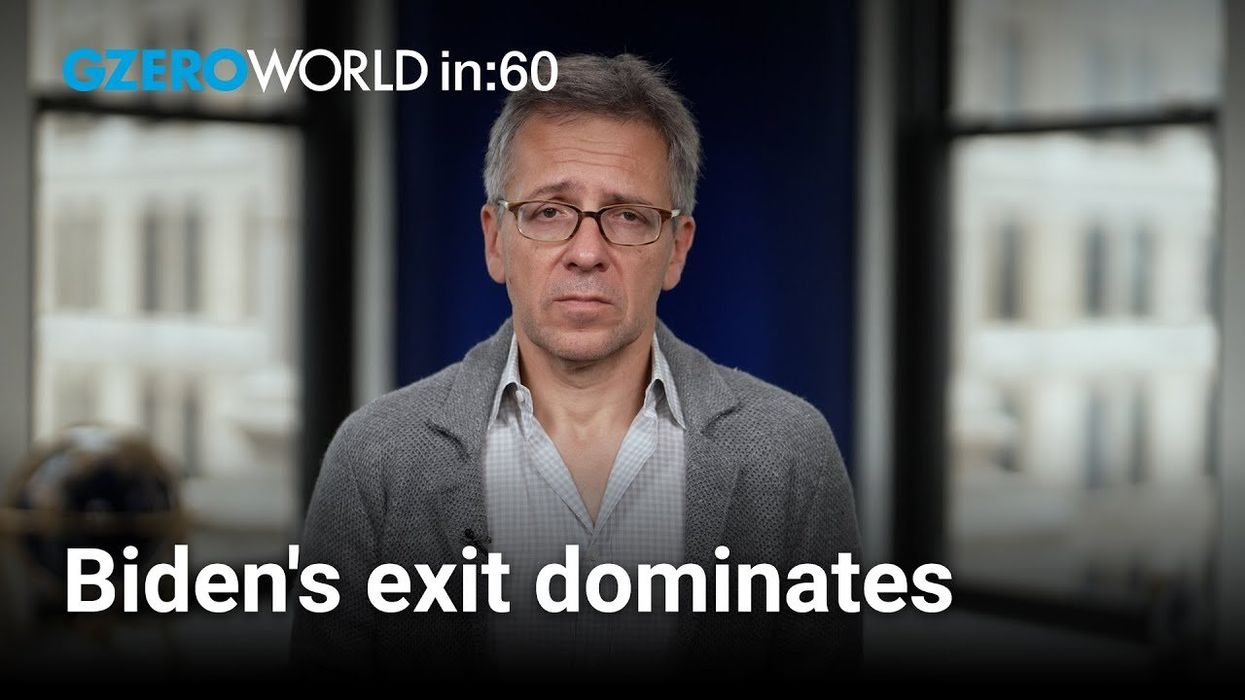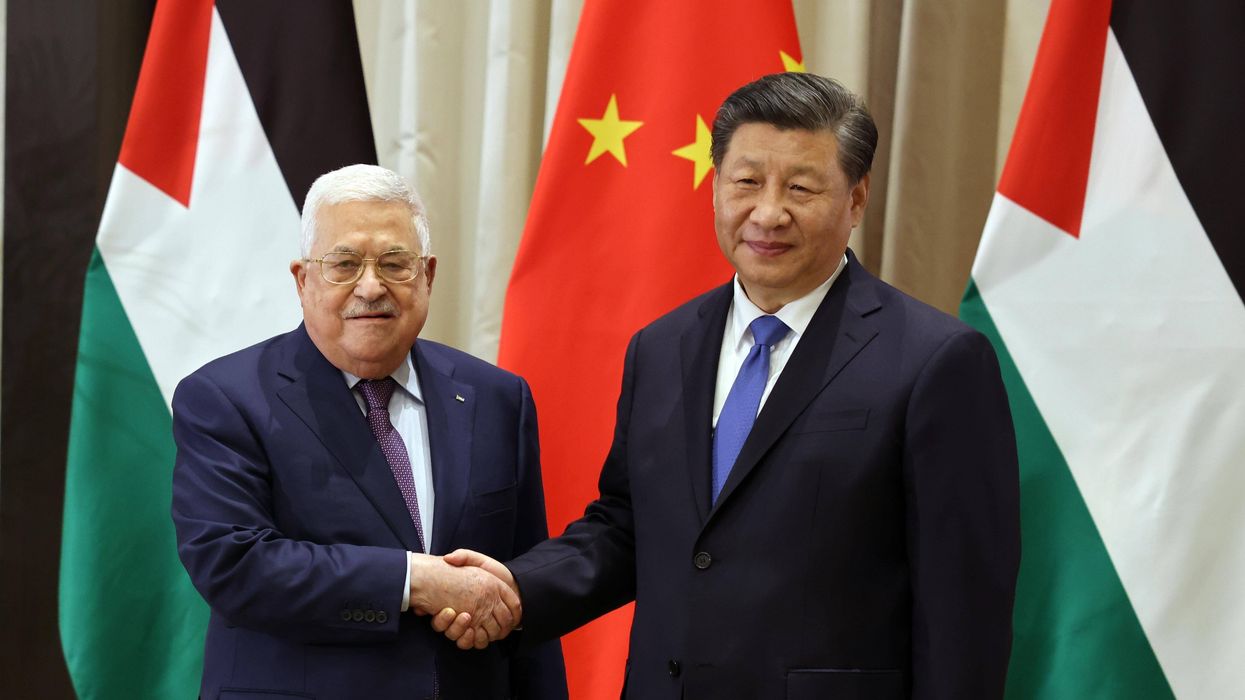ask ian
Biden's exit overshadows Netanyahu's US visit
How will Biden dropping out of the presidential race overshadow Netanyahu's US visit? Can the China-brokered agreement between Hamas and Fatah help bring Palestinian peace? After a long hot summer of French politics, is the Olympics a rallying moment for Macron? Ian Bremmer shares his insights on global politics this week on World In :60.
Jul 24, 2024


